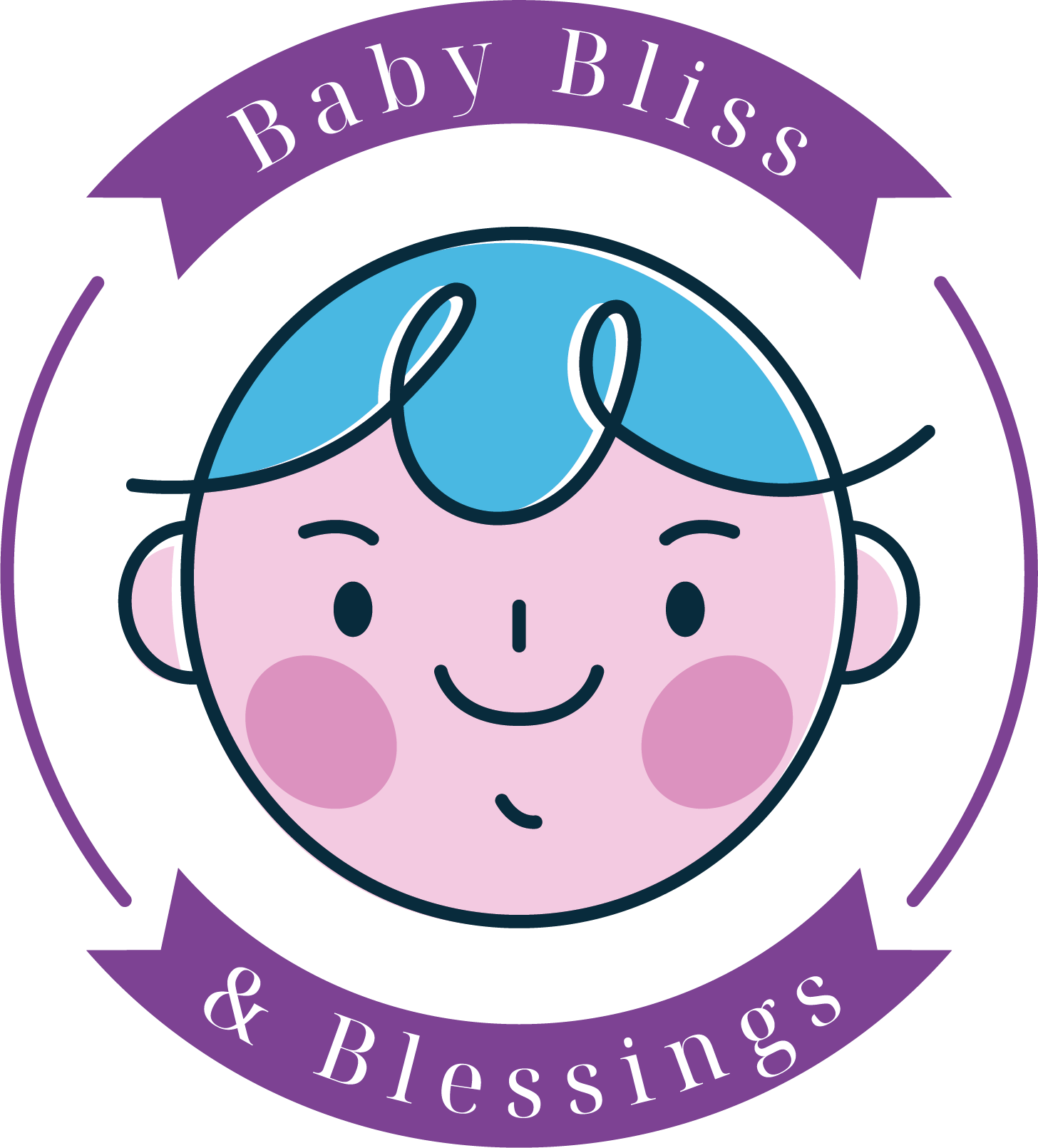It is a happy occasion, full of new duties and experiences, to welcome a newborn into your family. Among all the different aspects of raising a child, knowing how to take good care of their sensitive scalp and baby’s hair is important. The question “When can I start using shampoo on my baby’s hair?” is one that new parents commonly have. Let’s explore this subject further to make sure your baby’s hair care routine is secure and productive.
Understanding Baby’s Scalp
Knowing the features of your baby’s scalp is essential when discussing when to use shampoo in their cleanliness routine. Babies, in contrast to adults, have sensitive and delicate skin, particularly the scalp. During infancy, their sebaceous glands, which produce oils that nourish the scalp, are still developing. Their scalp is therefore more exposed to dryness, irritation, and diseases like cradle caps.

When Can I Start Using Shampoo?
General Guidelines
Generally speaking, experts advise not shampooing your baby’s hair until they are at least one month old. A quick water rinse after baths is usually enough to keep your baby’s hair clean during the first few weeks of life without damaging natural oils.
Individual Factors
The best time to introduce shampoo to your infant may depend on a number of unique elements, including their skin type, recent skin issues, and external circumstances. It’s critical to speak with your pediatrician to find out the best course of action for your child’s unique requirements.
Choosing the Right Shampoo
You must choose a shampoo for your baby that is gentle enough for small baby’s hair. Seek for products that are devoid of harsh ingredients like parabens and sulfates, are fragrance-free, and hypoallergenic. These chemicals could harm your baby’s sensitive skin or cause allergic responses.
How to Shampoo Baby’s Hair
After choosing an appropriate shampoo, you should know how to wash your baby’s hair properly. Although they don’t need to be bathed every day, you can include hair washing in their bathing routine a few times per week.

Bathing Frequency
Depending on your baby’s age, activity level, and preferences, bathing schedule may change. While some babies require bathing only a few times each week, others may love bathing every day. When bathing your kid, pay attention to their indications and adjust the routine as needed.
Proper Technique
Use just a little of the mild shampoo to gently soap your baby’s scalp after washing their hair. Take care not to get shampoo in their eyes since this can disturb them. Make sure to completely rinse with warm water to clean all shampoo leftover.
Alternatives to Shampoo
If you prefer to avoid using shampoo on your baby’s hair altogether, there are alternative methods to keep their scalp clean and healthy.
Water-only Wash
Washing your baby’s hair with warm water during bath time—without using shampoo—is known as a “water-only wash.” For newborns with sensitive skin, this technique can be a gentler alternative to shampoo, even if it might not remove dirt and oils as well.
Coconut Oil Massage
Using coconut oil to massage your baby’s scalp can help hydrate and nourish their hair, maintaining its softness and health. Because it has natural antibacterial properties, coconut oil can help avoid disorders like cradle caps.
Special Considerations
In some cases, babies may experience scalp issues such as cradle cap or eczema, which require special attention.
Cradle Cap
Crusty or greasy patches on the scalp are the common ailment known as “cradle cap.” Using a soft brush or coconut oil to gently massage your baby’s scalp will help loosen the scales, even though it’s safe and generally goes away on its own.
Eczema and Other Skin Conditions
It’s critical to use mild, fragrance-free skincare made especially for sensitive skin if your child has eczema or other skin issues. Keeping the scalp hydrated and avoiding harsh chemicals might help reduce symptoms and stop flare-ups.
It takes time, care, and mild, baby-friendly products to properly care for your baby’s sensitive scalp and hair. You may create a secure and productive hair care routine that encourages healthy growth and development by following to these recommendations and speaking with your pediatrician.








[…] When Can I Start Using Shampoo on My Baby’s Hair? […]